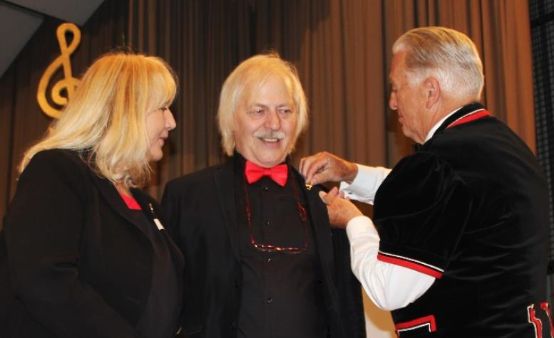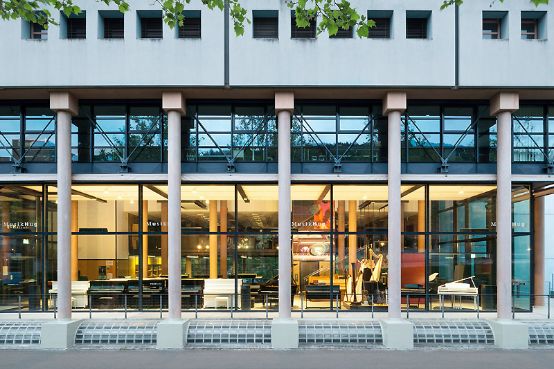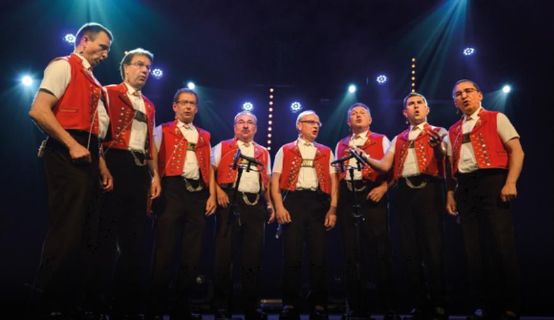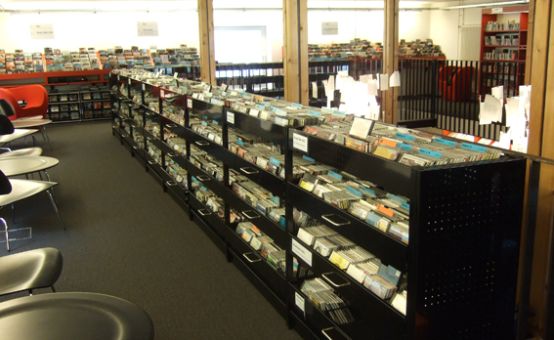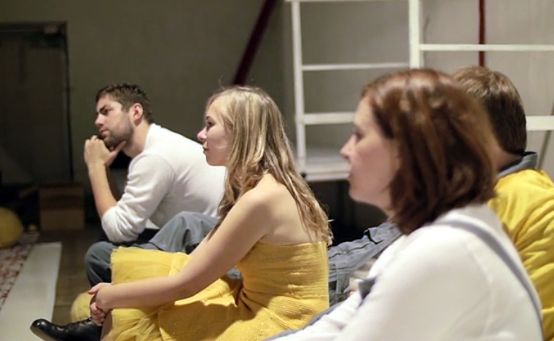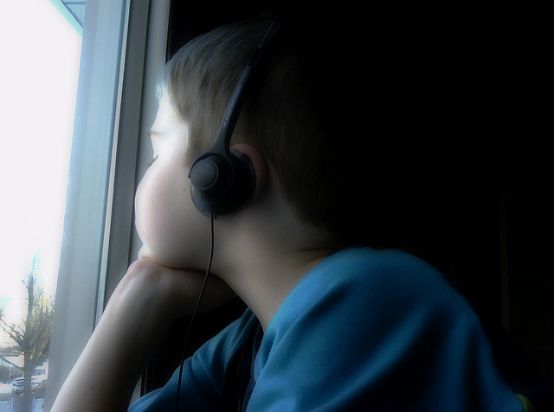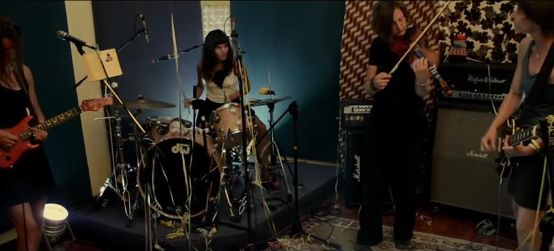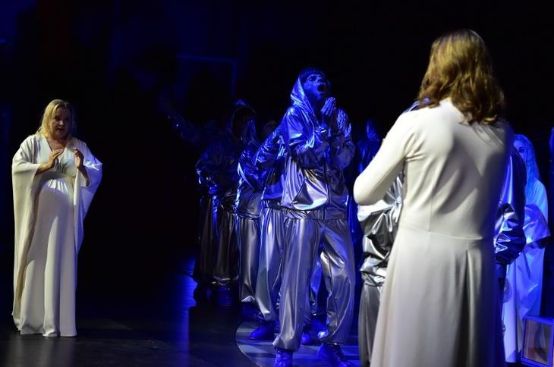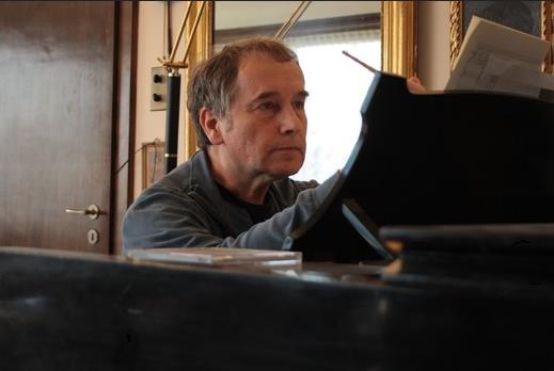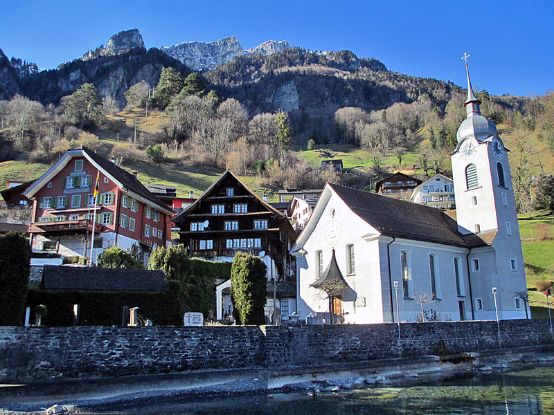Winterthur revises cultural guidelines
The City of Winterthur's Culture Department has revised its guidelines for project-related cultural funding in collaboration with around one hundred cultural professionals and other experts. The new guidelines will apply from January 1, 2017 for a pilot phase of two years.
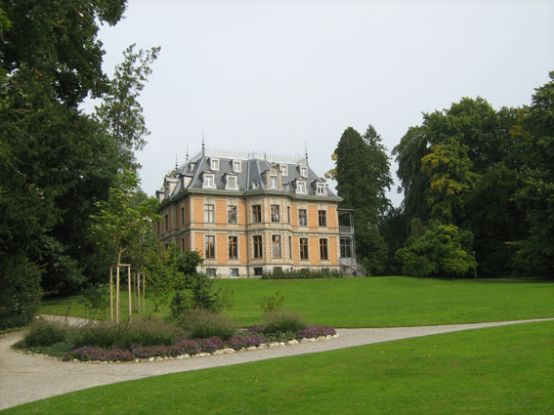
According to the city's press release, as part of the 2015 cultural mission statement, the city council held out the prospect of revising the guidelines for project-related cultural funding. The revision took place between February and September 2016 in a participatory process involving around one hundred Winterthur cultural professionals and other experts from the fields of visual arts, theater, dance, literature and music.
In the course of the revision, the previous funding instruments were reviewed and supplemented. The new guidelines also offer increased transparency in terms of processes and criteria. They will be valid for a pilot phase of two years from January 1, 2017.
An evaluation will be carried out in 2018, which will again be participatory. Once any adjustments have been made, the guidelines will be adopted by the City Council at the end of 2018 and will enter into force definitively on January 1, 2019.
All information on project funding from the city of Winterthur can be found at http://kultur.winterthur.ch/kulturfoerderung






